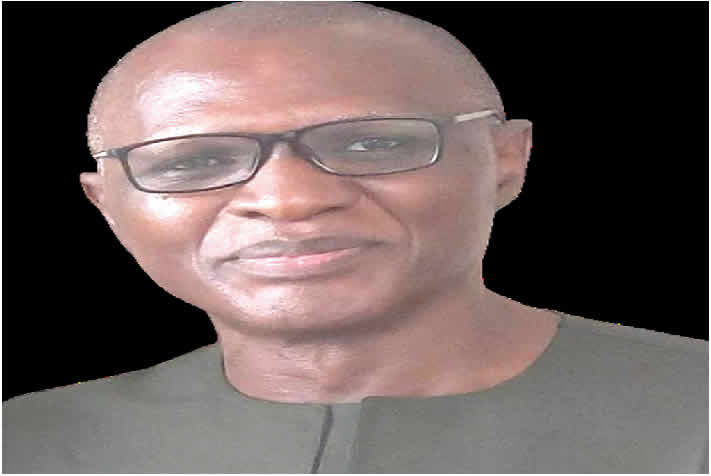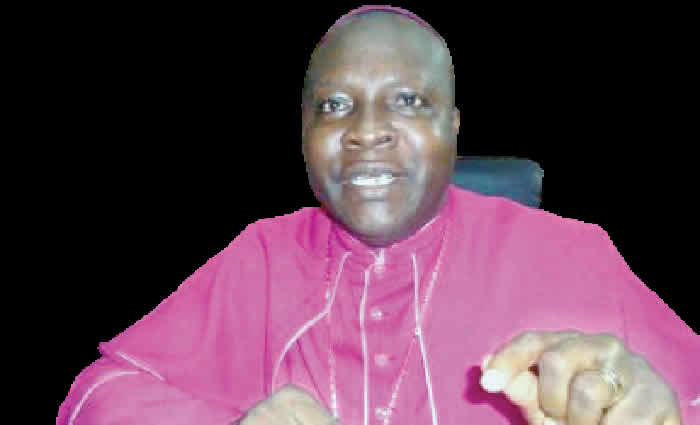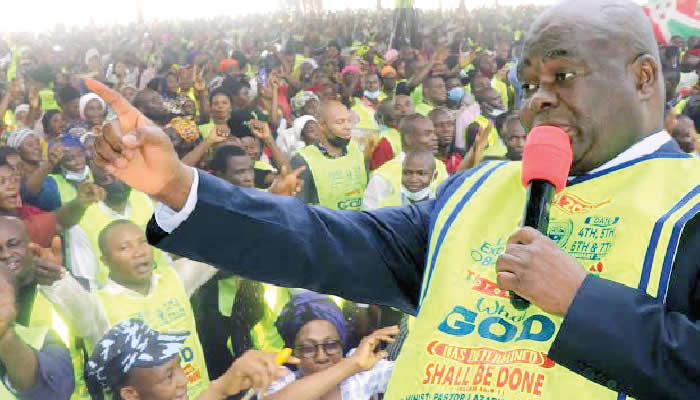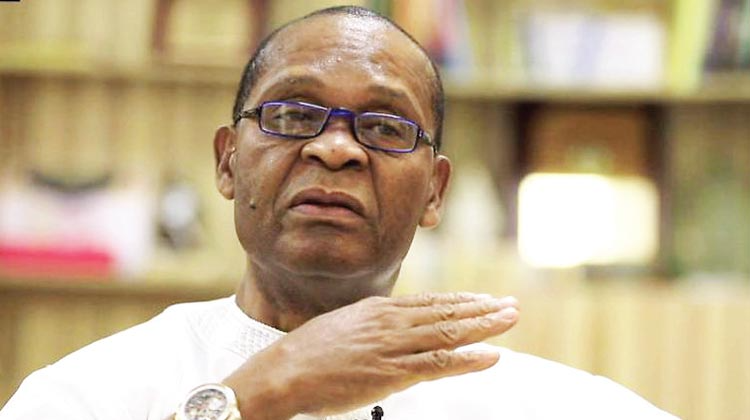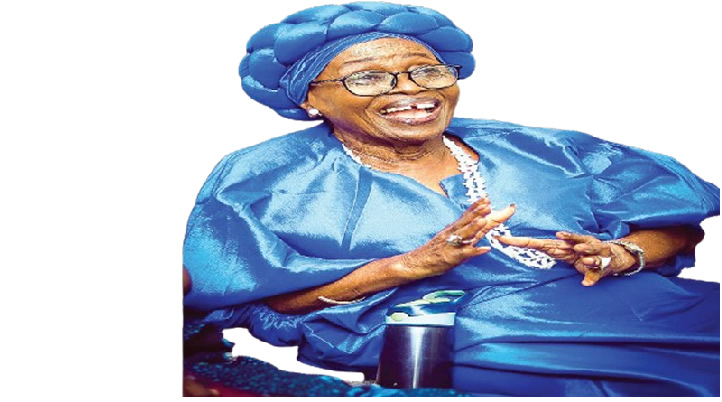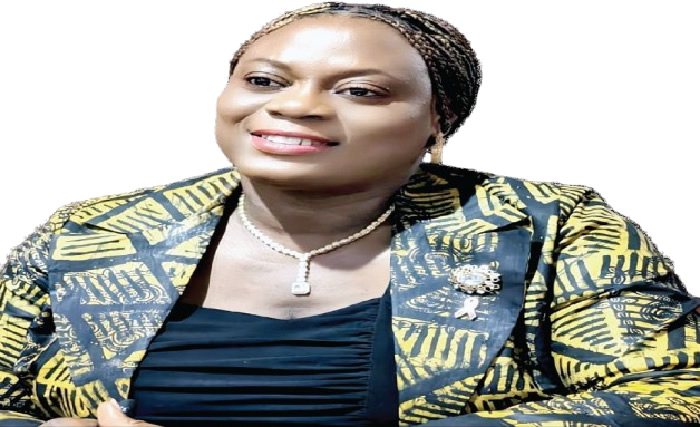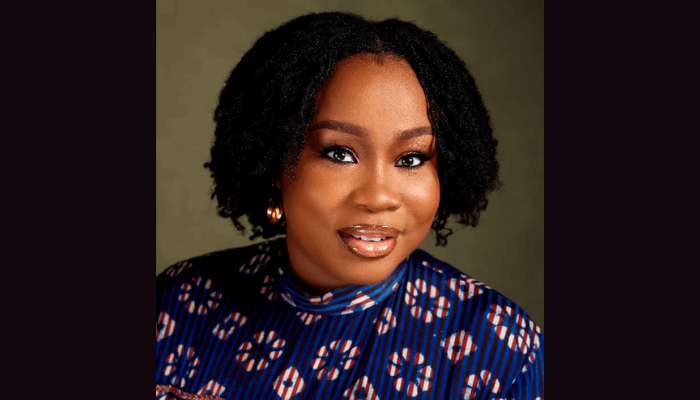Rotimi Amurawaiye, a lawyer deeply committed to parenting, engages in a conversation with TEMITOPE ADETUNJI about navigating the modern challenges of parenting, including the impact of screen addiction and the struggle for work-life balance What inspired you to write a book on parenting, especially considering your background as a lawyer? My book is titled, ‘Raise Amazing Kids: A …
